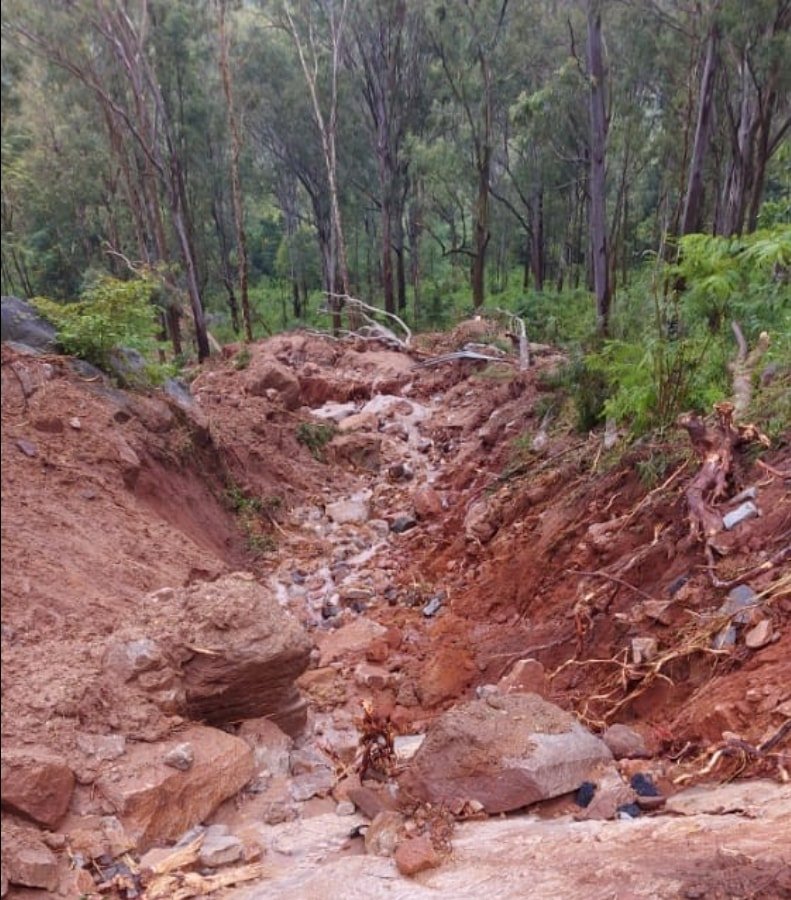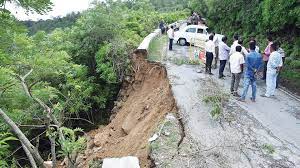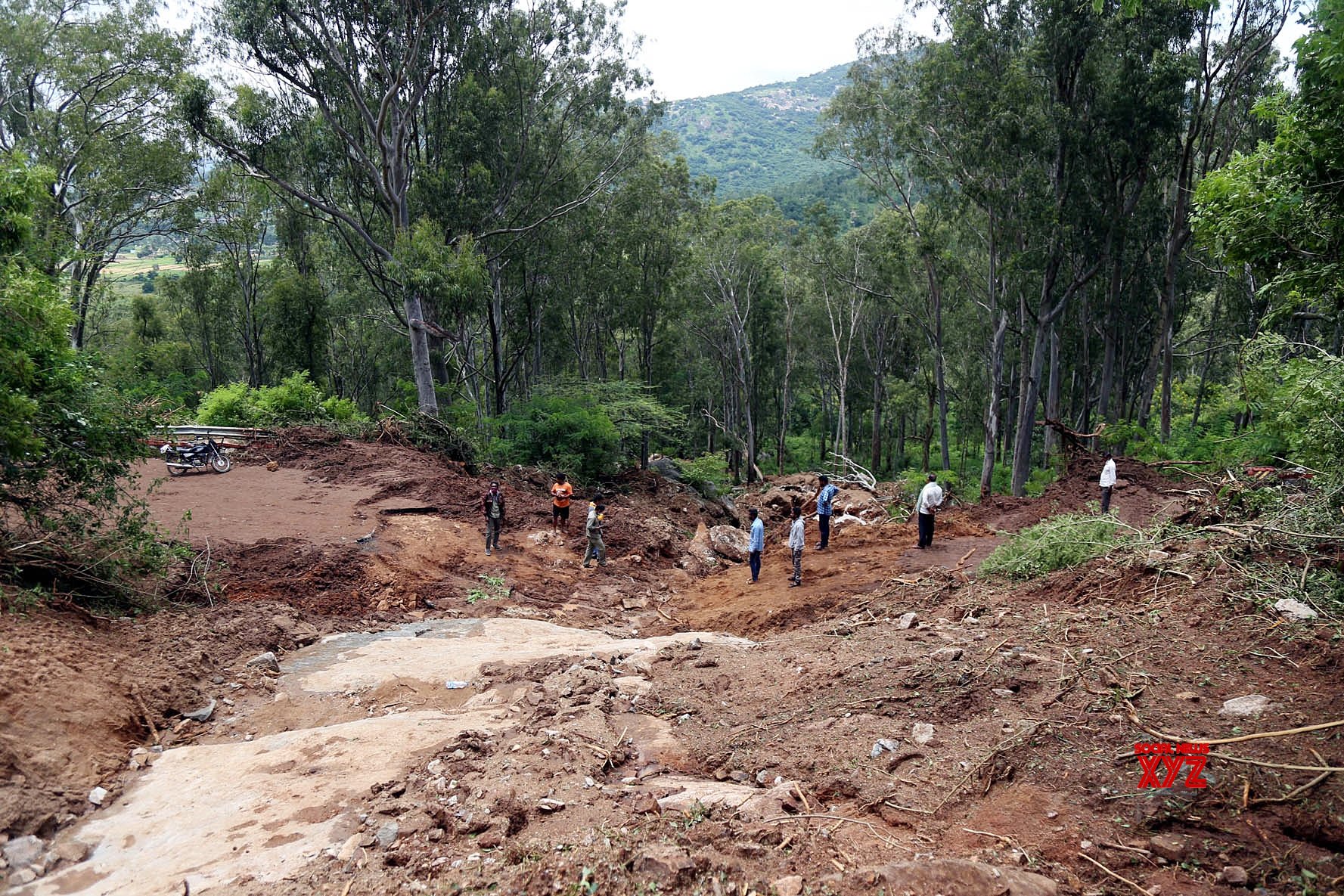A landslide hit Nandi Hills in the Chikaballapur district recently due to heavy rains the previous night. The tourist destination is said to be closed for at least 20 days. The Karnataka state natural disaster centre said rainfall-induced mudslides occurred 100 metres from the check post. Heavy rains brought down an enormous boulder with it the soil, plants and the road.
Luckily, no casualties were reported. According to the India Meteorological Department, the southwest monsoon was normal over the interior Karnataka and weak over coastal Karnataka. The landslide is said to be caused due to mismanagement of the ecosystem and this sight was quite common in the terrain of the Western Ghats.

Activities such as blocking stream network (natural water flow path), land degradation through the removal of vegetation and loss of trees resulting in the binding capabilities of the soil being lost and cracks on the roads. High-intensity rainfall changes the temporal pattern of the rainfall, this happens because of changes in the climate.
Mismanagement of the landscape with added high-intensity rain has resulted in landslides. And decarbonisation, as suggested by the experts, is one of the best mitigation and adaptation strategies that can help the situation. Currently, the quarrying around Nandi Hills is aiding the growth of Bangalore. If the illegal quarrying is not halted, then there will be dangers to the hill rock as well.
The roots can hold loose soil. But so they have lost many trees in the hill ranges not just to quarrying but also forest fires. If human interference continues in these highly fragile areas, we can expect trouble in a big way.
There is a severe shortage of water in the hill station and hence there are plans to pump the treated water to Nandi. This reflects the sad truth about water management as Nandi Hills was a source of drinking water to Bangalore and now Bangalore’s treated water is the future source of Nandi Hills.

Nandi Hills and the adjoining hill stations are the birthplace of five rivers; Arakavathi, Ponnaiyar River, Palar River, Papagni and Penna River. Most of these rivers have gone dry.
This is a classic example of human interference with nature. And the warning we are getting from Mother Nature is getting more and more obvious. This is a call to save and conserve nature sustainably- a situation where we can say ‘now or never.
Shashi A

